
BES New Design EPS Foam Shape Moulding Molding Machine For EPS Fish Vegetable Box Cornice AC Package Production Line

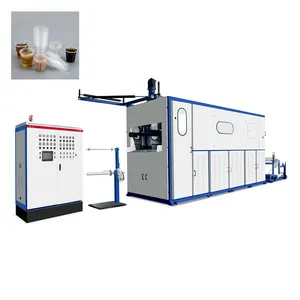
Full-automatic Servo Plastic Cup Making Machine For PP/PS/PET/PLA Material


Silicone Rubber Machine Silicone Strip Extrusion Equipment Silicone Rubber Strip Extruder Machine

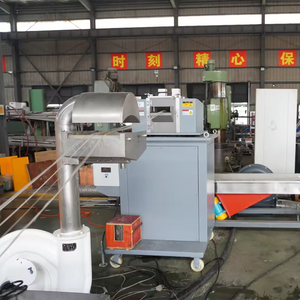
Co-rotating Twin Screw Extruder PP PE Color Masterbatch Compounding Machine Plastic Extruding Machine

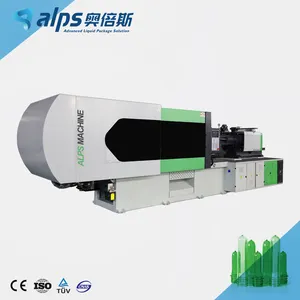
400Ton Hydraulic Press Cylinder Injection Molding Machine Three Platen Injection Machine Plastic Shoe Sole Making Machine Price

Vertical type Desktop shoes injection moulding plastic injection molding machine for shoe soles

Two Colors EVA Sole Slipper Sandal Shoe Making Foaming Pressing Molding Machine Injection Machinery
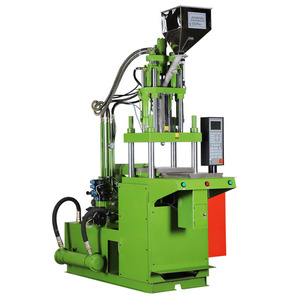
shoes sole vertical injection plastic molding making machine
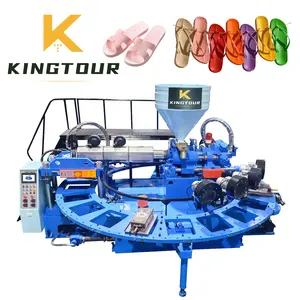
KT-618 Rotary 1 Color Injection Molding Machine for Making Plastic PVC Rubber Slipper Sandal Flip Flop and Shoe

Fuhong FHG 180 ton PVC/EVA shoe sole making mold customized plastic injection molding machine
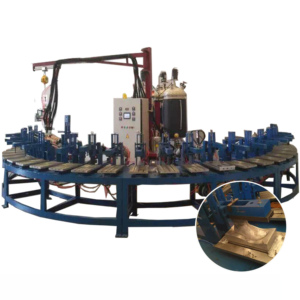
Polyurethane PU Soft Foam Injection Molding Machine For Shoe Sole Insole Making

Hot sale Automatic Pu Pouring Injection Injection Molding Shoe Sole Making Machine
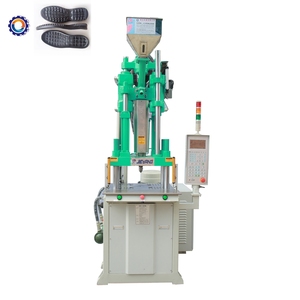
Factory Price Wholesale Shoe Sole Making Machine Plastic Boots Sneaker Casual Sole Injection Molding Machine

Shoe Sole Injection Molding Machine Safety sport Shoe Machine 30 stations injection machine
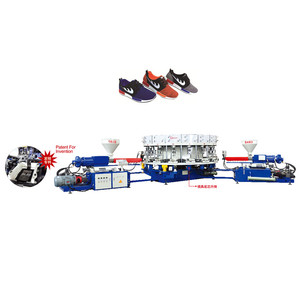
Full automatic Plastic Sole Injection Molding Machine
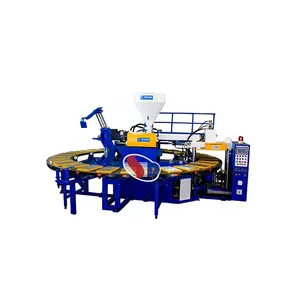
plastic shoe production line for slipper making machine plastic shoe production line for flip flops injection molding machine

LRS165 fully automatic rubber shoe sole injection molding machine
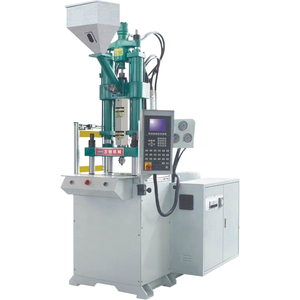
35 Ton italy shoe sole injection molding machine
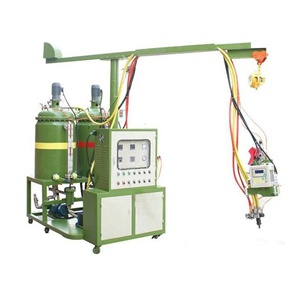
good price polyurethane shoe sole injection molding machine
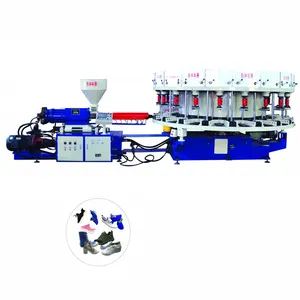
Shoe Sole Making China Horizontal Mini Small Plastic PVC Injection Molding Moulding Machine
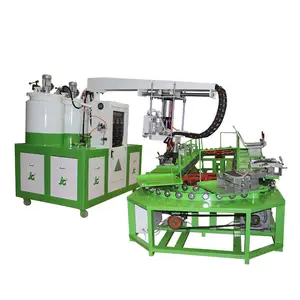
PU shoe sole injection molding machine/slipper making machine

GS Custom Shoe Sole Making Machine EVA Shoe Injection Molding Machine

pu shoe sole injection molding machine

TPU TR PVC TPR Sports Shoes Outsoles Injection Molding Machine

High elastic men outsole softness PVC casual shoe soles injection molding machine

160ton Injection Molding Machine Used Best Price Rain Shoes New Sole Making Injection Molding Machine
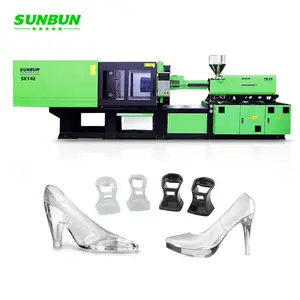
SUNBUN Injection Machines For Shoes and Soles Moulding Italy High Heel Shoe Making Machine Shoe Sole Injection Molding Machine

PU shoe making machine, shoe sole making machine, shoe sole injection molding machine

Shoe sole injection molding machine for PVC blowing slippers and snow boots making
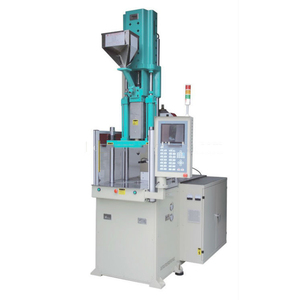
45T Vertical Standard Shoe Rubber Sole Injection Molding Making Machine HM0174-10

Water-Cooling Type PVC TPR TPU Shoe Soles Injection Molding Machine

mop rubber injection molding machine shoe sole turn press machinery 60 ton for making sex toy
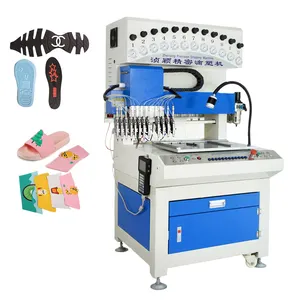
Hot sale shoe sole making machine injection molding machine for make vamp slipper
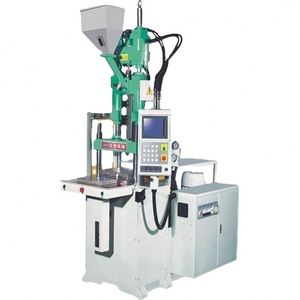
Vertical Injection Mould Shoe Sole Making Plastic Molding Machine


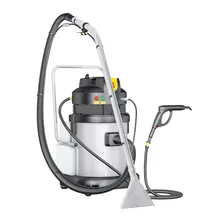



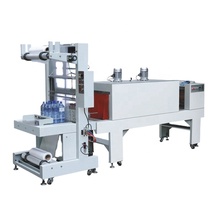

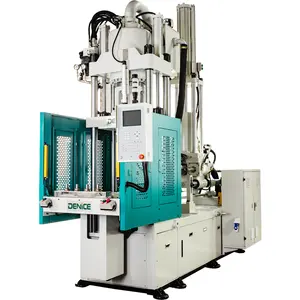
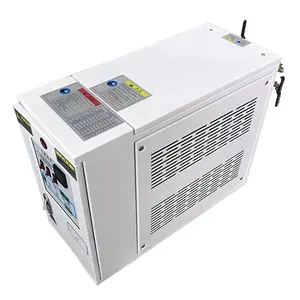

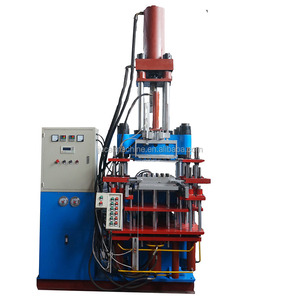
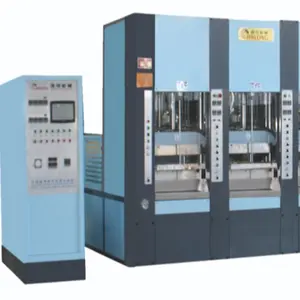
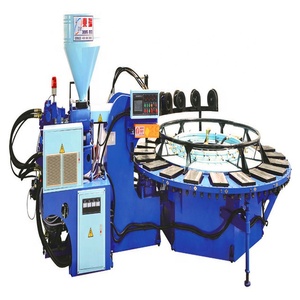

















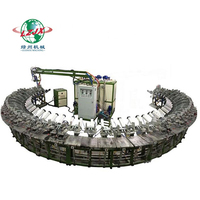









 浙公网安备 33010002000092号
浙公网安备 33010002000092号 浙B2-20120091-4
浙B2-20120091-4